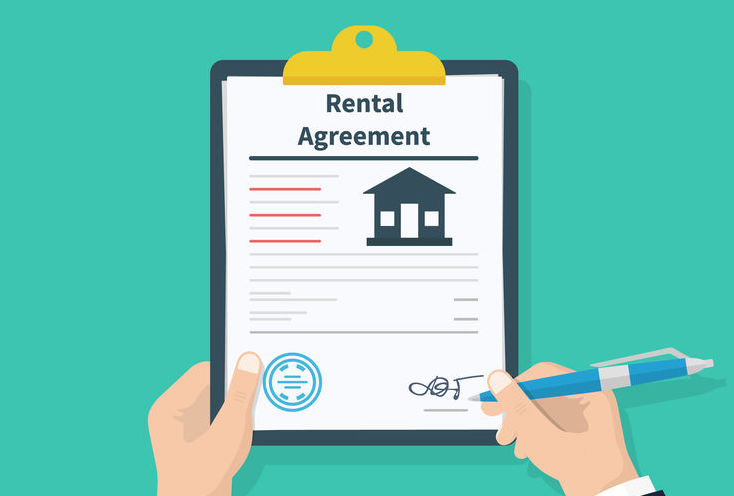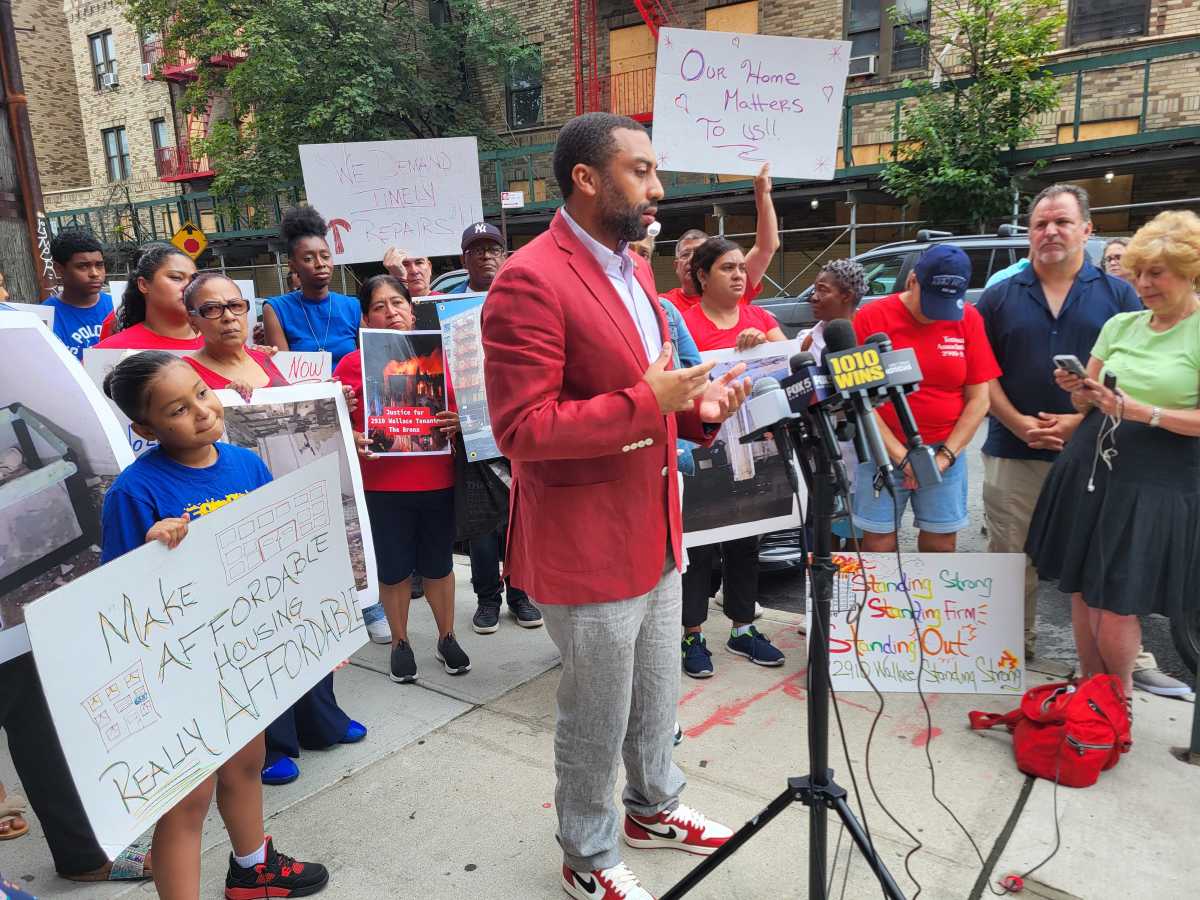Assemblyman Walter T. Mosley (D-Fort Greene, Clinton Hill, Prospect Heights, Crown Heights) and Legal Empowerment and Assistance Program Director Kinshasa K. Hillery yesterday came together with the Bedford Stuyvesant Restoration Corporation ina Zoom meeting to discuss the COVID Rent Relief Program, which aims to alleviate rent burden for the most vulnerable New Yorkers.
Under the program, eligible tenants will be given a one-time payment to their landlord up to 125% of the fair market rent for each month that assistance is requested for, in order to alleviate the burden of missed rent payments due to a loss of income under COVID-19. Rent assistance can be requested for up to four months for any month after March.
In order to be eligible, applicants must be residents of New York State; have a household income that is less than 80% of the median income for their county and household size; pay more than 30% of their monthly income towards rent; and have a lowered monthly income between April and July 2020.
However, if the actual amount of rent paid exceeds 125% of the fair market rent for that county, the excess amount cannot be covered by the Rent Relief Program.
In addition, although the program aims to alleviate the financial burden of those that are in most need, it may not reach the most vulnerable populations due to technological or physical limitations, according to Mosley.

“People who don’t have access to a computer, people who don’t have access to technology readily available to them are at a severe disadvantage,” Mosely said. “The people who are at most need tend to have fewer outlets to reach out to HCR [Homes and Community Renewal]. So if I’m blind, if I’m severely disabled, I would have to fill out the application as if I didn’t have those personal impairments, which obviously puts you at a severe disadvantage automatically.”
Hillery agrees. “It is quite true that most of these programs that roll out to help people who are in financial need are not implemented in such a way that they can actually access it.” As libraries are closed due to COVID, she says, people who do not otherwise have access to computers will be unable to submit an application online or print the application to mail it.
In addition, applicants are required to create an account through the application portal in order to access the application, creating further barriers for those without access to technology.
These issues are exacerbated by the short timeframe in which applications are open. The application window began on July 16, and applications are to be submitted online or postmarked by July 30.
In the event of being unable to fill out an application in a timely manner due to technological limitations or disabilities, Mosley encourages people to contact HCR.
Asked whether undocumented immigrants – another very vulnerable population – could receive rent relief assistance, Mosley says that the bill does not explicitly address immigration status.
“It is silent on that issue. We believe that the contractual relationship between the landlord and the tenant is the overarching relationship that is being addressed in this program. It speaks nothing to one’s immigration status,” he said.
According to the NY government website, a household will be eligible for COVID rent relief if at least one member, regardless of age, meets any of the immigration status eligibility requirements laid out by the federal Personal Responsibility and Work Opportunity Reconciliation Act of 1996. This means that a family with a citizen child would be able to apply for rent relief for that household.
“Please don’t let your immigration status stop you from finding out if you qualify for resources,” says Hillery. “Please just ask. The worst they can say is ‘no’.”
Both Hillery and Mosley strongly encourage tenants to reach out in case assistance is required to fill out the application.










